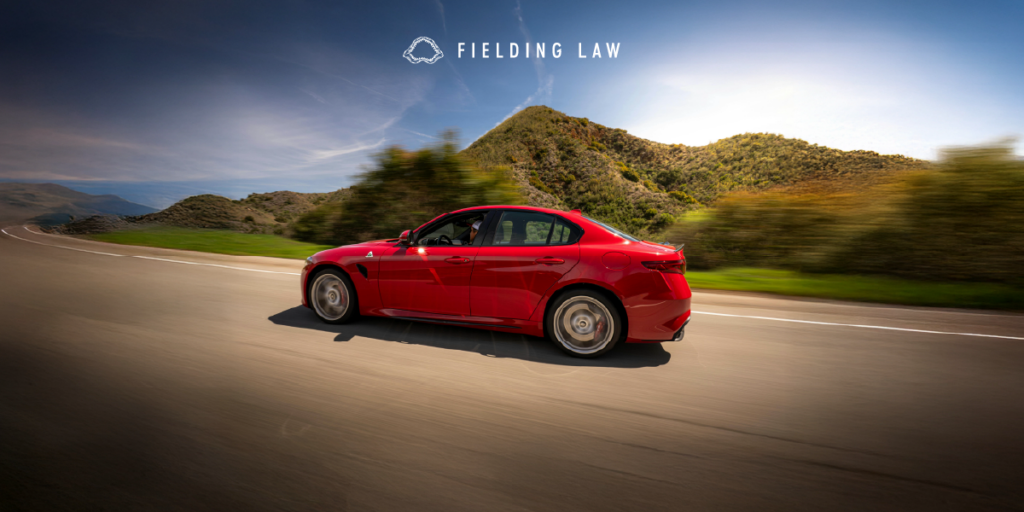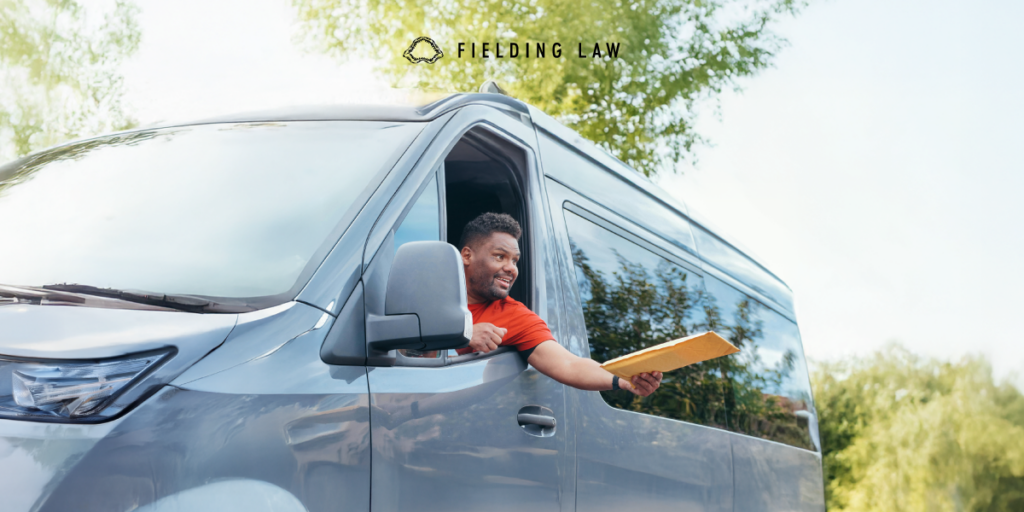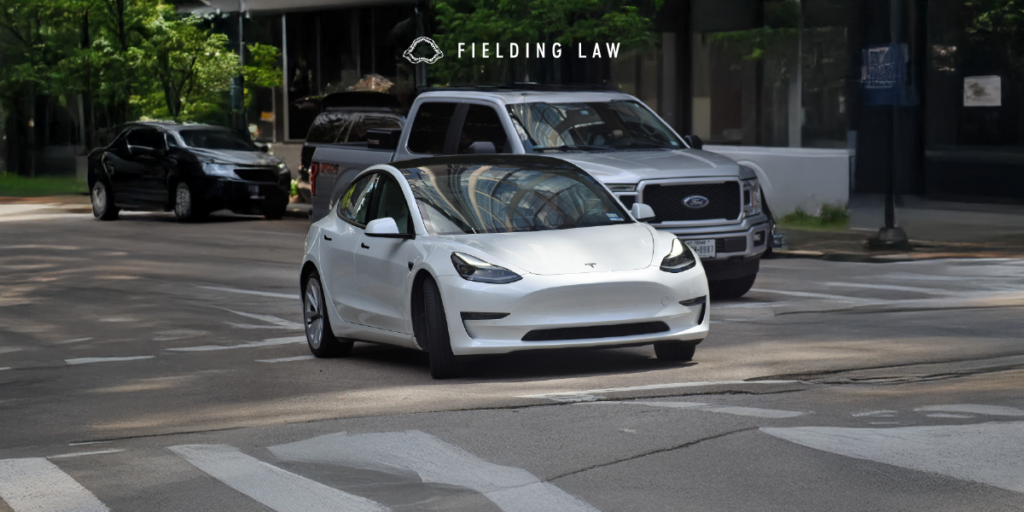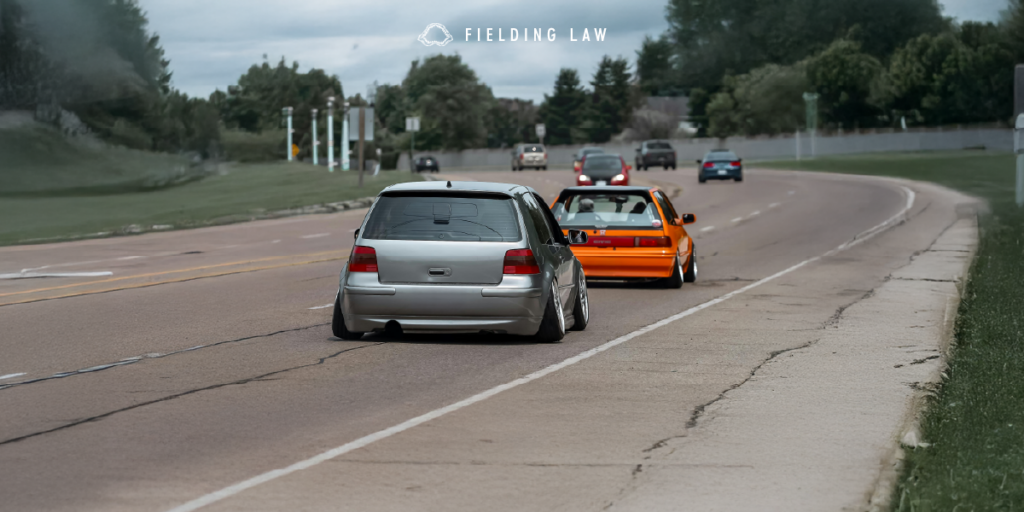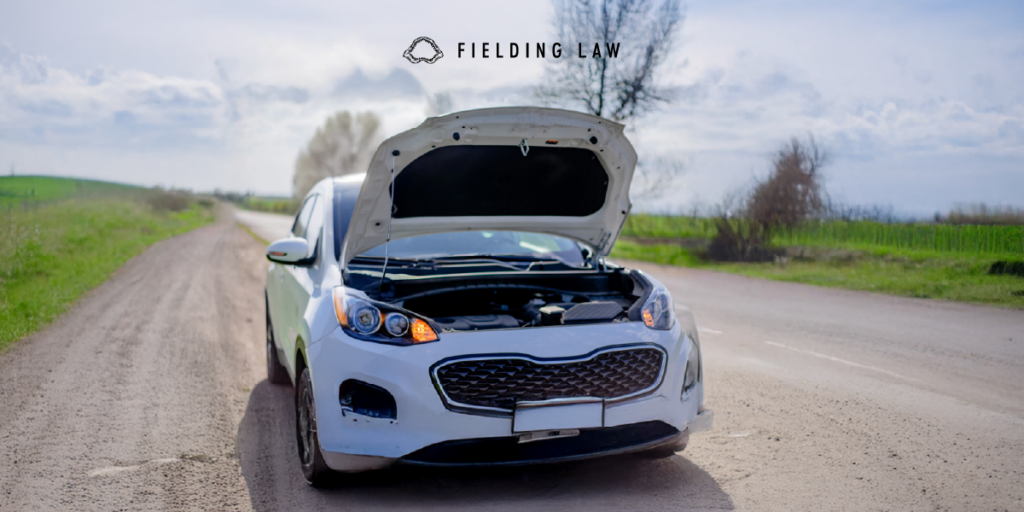
What Happens When a Car Stalls on the Road?
A stalled vehicle in the roadway can be more than just an inconvenience—it can be a serious hazard. Whether it happens on a highway, at night, or around a blind curve, a stalled car can cause a chain reaction of danger. Drivers may not have enough time to react, leading to rear-end collisions, multi-car pileups, or vehicles swerving into oncoming traffic.
If you were involved in a car accident with a stalled vehicle in the roadway, you may be wondering who is at fault and what your options are. The answer depends on the circumstances of your crash and Fielding Law is here to help you make sense of it all.
Who Is Responsible for a Stalled Car Crash?
In many cases, the driver of the stalled vehicle may share responsibility for the crash, especially if they failed to:
-
Move the vehicle out of traffic (when possible)
-
Turn on hazard lights
-
Set up warning triangles or flares
-
Call for roadside assistance promptly
However, liability can also extend to others, such as:
-
Another driver who struck the stalled car and caused a pileup
-
An auto manufacturer if a mechanical defect caused the stall
-
A government entity if poor road design contributed to the accident
-
A tow company that delayed help or failed to secure the vehicle properly
These cases are not always clear-cut. Determining fault requires a detailed investigation, which is why working with a capable legal team is crucial.
What If You Hit a Stalled Vehicle?
You may assume you are automatically at fault if you hit a vehicle that is stopped in the road, but that is not always true. In both Arizona and California, liability is based on negligence. If the stalled driver failed to take proper precautions, or if you had no reasonable opportunity to avoid the crash, you may not be held fully responsible.
It is important to gather evidence from the scene, including:
-
Dash cam footage (if available)
-
Vehicle damage and skid marks
-
Road conditions and lighting
This documentation can help prove who was truly negligent and protect your right to compensation.
What This Means for You as an Injured Party
If you were injured in an accident involving a stalled vehicle, you may be able to recover compensation for:
You do not have to carry the burden of medical bills and car repairs on your own. Even if fault seems unclear, you may still have a valid legal claim.
Why Hire Fielding Law
At Fielding Law, we understand how overwhelming accidents like these can be. A stalled car should not ruin your future. Our team will carefully investigate the crash, identify all potentially liable parties, and fight to secure the compensation you deserve.
You will never feel like just another case. We treat our clients with kindness, honesty, and respect, and we fight hard because your recovery matters.
If you were injured in a car accident with a stalled vehicle in the roadway, contact Fielding Law or call 833.88.SHARK for a free consultation. We are here to help you move forward.
Note: Information provided is for educational purposes and does not constitute legal advice. Always consult with a qualified attorney for legal concerns.
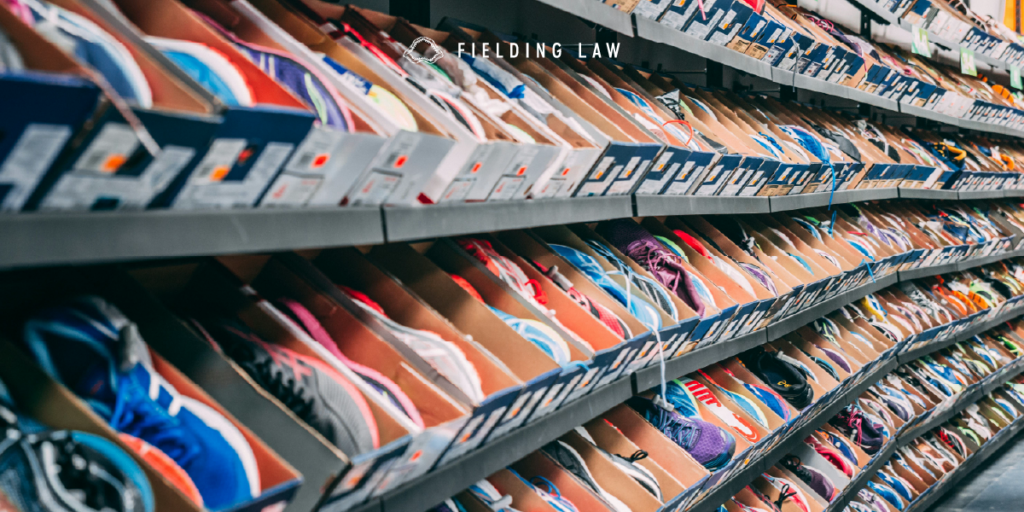

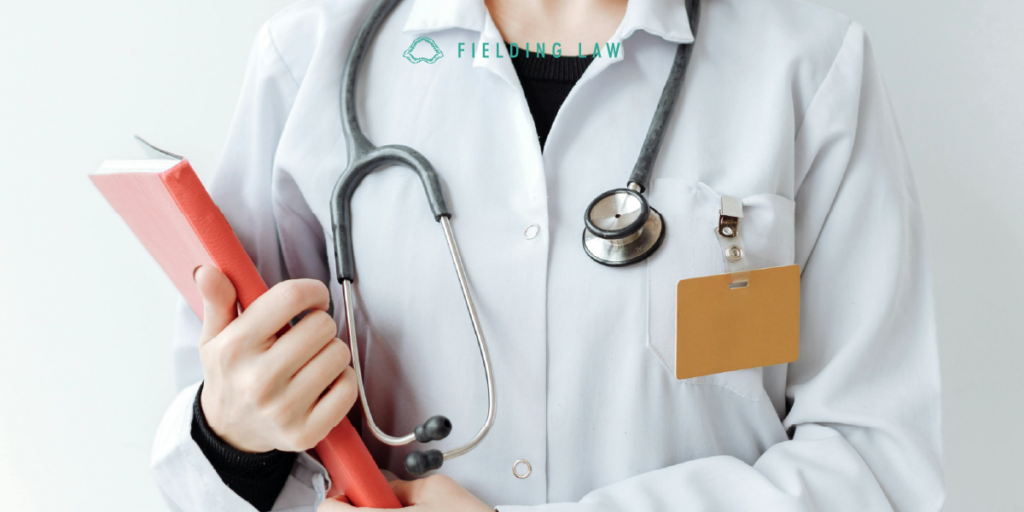
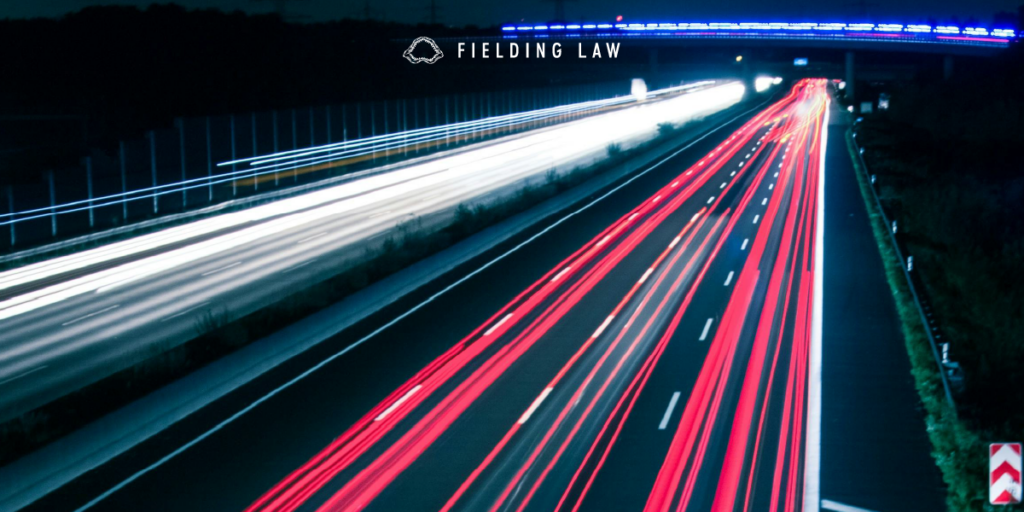
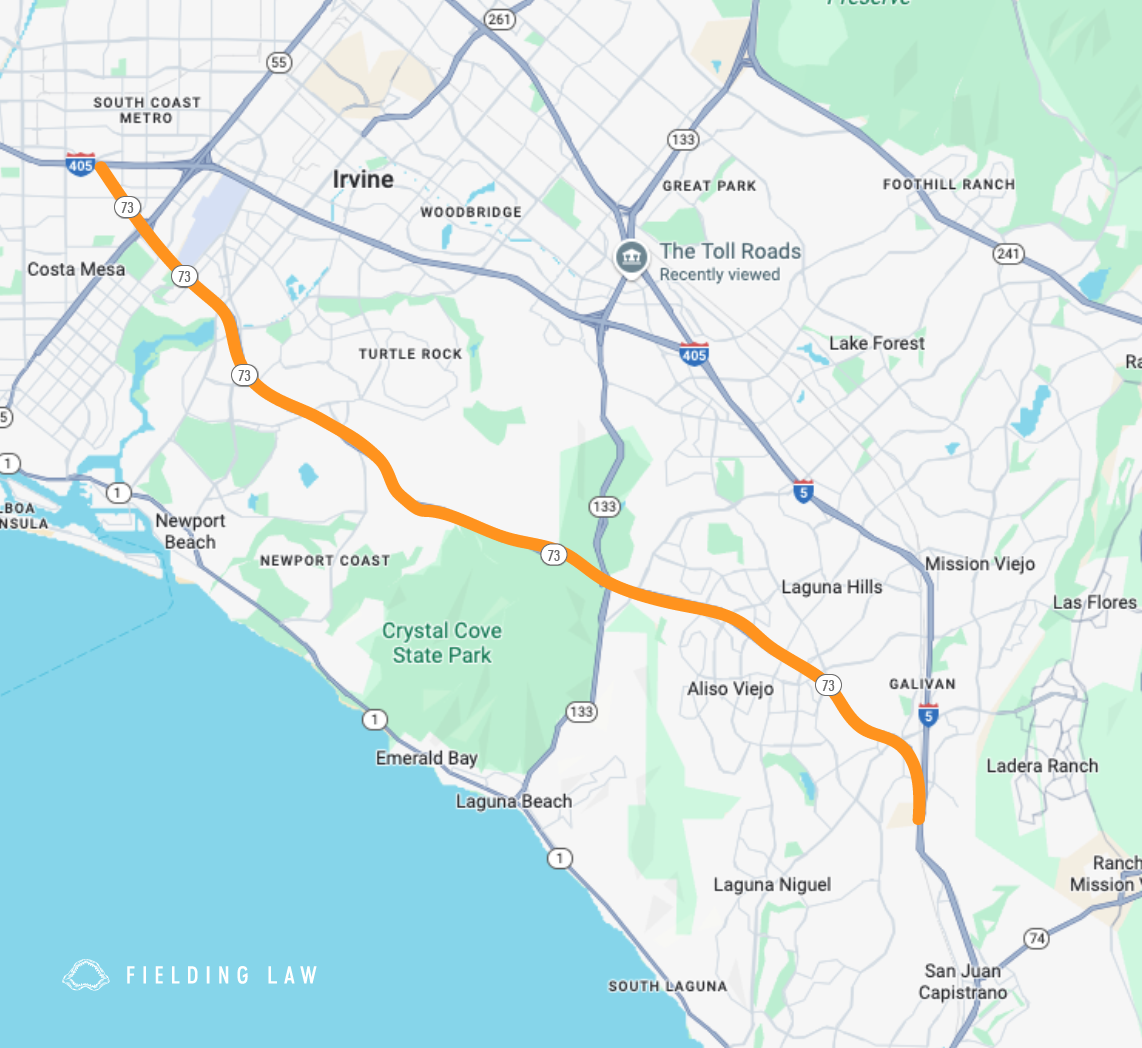 A Growing Problem in Orange County
A Growing Problem in Orange County